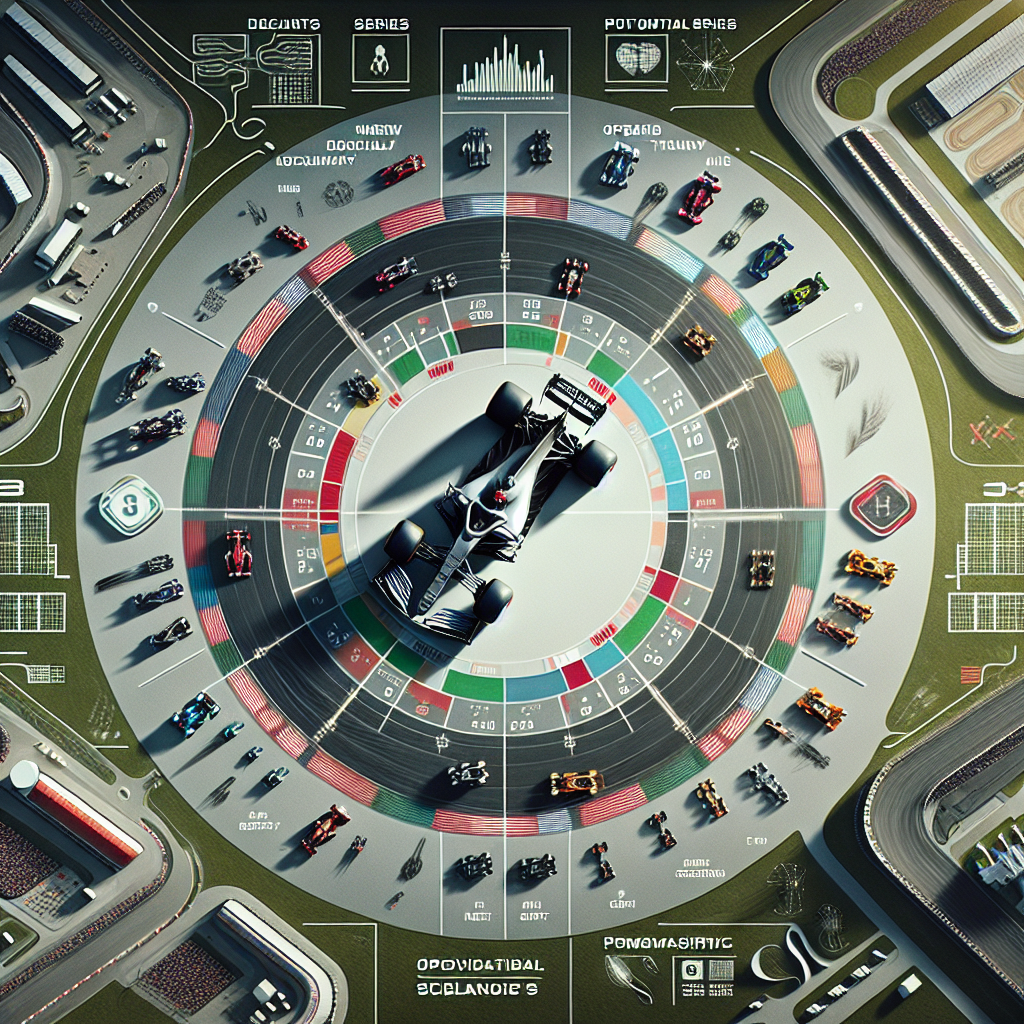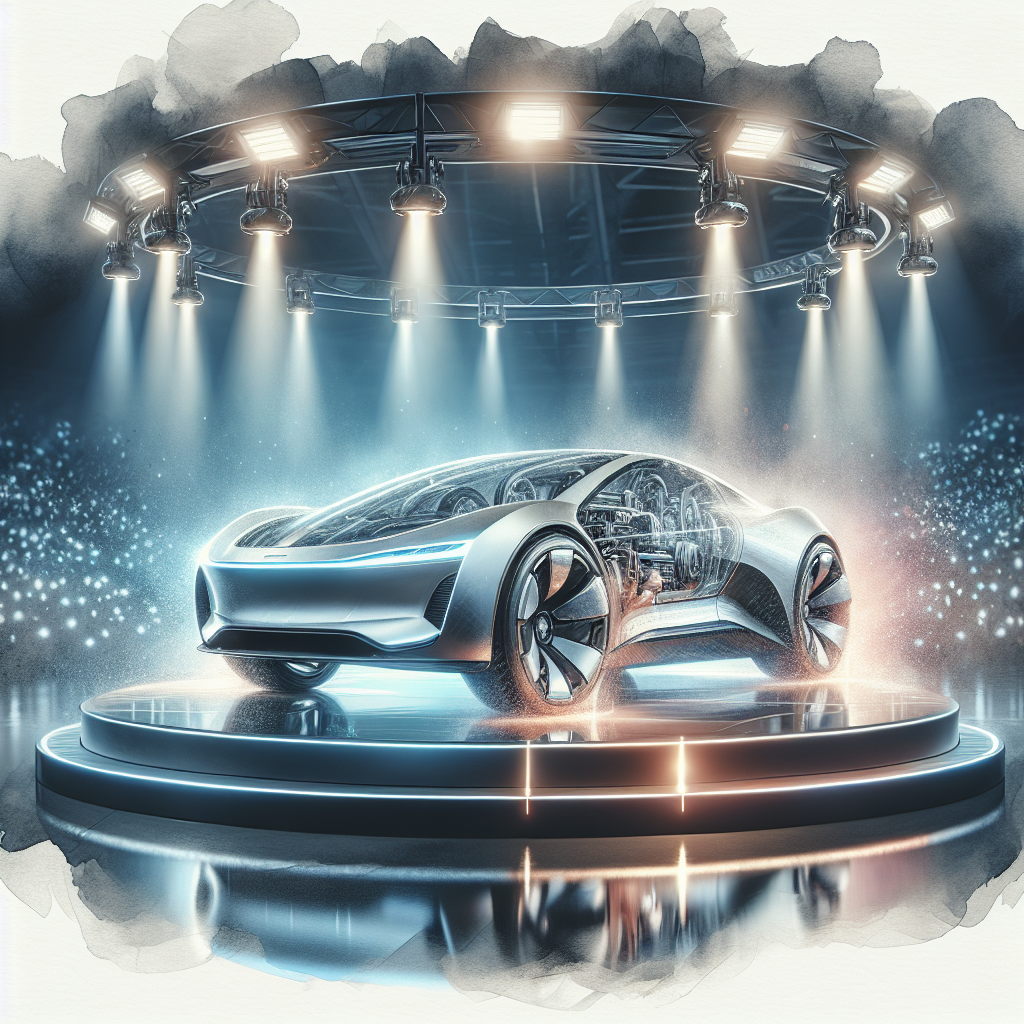
The motorsport world witnessed an extraordinary conclusion to the IMSA season at Road Atlanta, where Porsche secured multiple championship titles while Cadillac celebrated a remarkable race victory. The event showcased intense competition across multiple classes, with manufacturers pushing their vehicles to the limit in one of endurance racing's most prestigious events [1].

The automotive manufacturing landscape is experiencing significant transformations as major manufacturers adapt their production capabilities and embrace new technologies. Recent developments include BMW's technological advancement in manufacturing, Ram's expansion in Australia, and Jaguar Land Rover's recovery from operational challenges.

The World Rally Championship is set to expand its media presence with a new behind-the-scenes documentary series, marking a significant development in how motorsport reaches audiences. The series will provide unprecedented access to the 2025 championship season, offering fans deeper insights into the sport's inner workings [1].

Electric vehicle manufacturers have reported significant sales growth in their latest quarterly results, even as the industry faces mounting challenges. While startups like Lucid and Rivian celebrate record deliveries, traditional automakers are navigating a complex landscape of changing incentives and market dynamics, with some manufacturers already adjusting their forecasts in response to global economic pressures.

The NASCAR weekend at Las Vegas Motor Speedway delivered intense racing action across multiple series, with Aric Almirola securing a dramatic Xfinity Series victory. The weekend also featured significant developments in the Cup Series playoffs, with Joe Gibbs Racing showing impressive qualifying performance and drivers debating playoff strategy as the season enters its crucial phase.

In a significant move that challenges the industry's singular focus on battery electric vehicles, Toyota is pursuing a two-pronged approach to future mobility. The Japanese automotive giant is making substantial investments in both hydrogen technology and solid-state batteries, demonstrating its commitment to diverse powertrain solutions for different applications [1].

Significant workforce changes and legal negotiations are reshaping two major industries this month. Danish renewable energy giant Ørsted announced substantial job cuts, while NASCAR and racing teams work toward resolving their antitrust dispute through court-mandated mediation, marking important developments in both the energy and motorsports sectors.

Chevrolet has made a bold move in the electric vehicle market with the introduction of the 2027 Bolt, positioning it as America's most affordable electric vehicle. The revived model combines updated technology with an attractive price point, directly challenging Tesla's market dominance in the entry-level EV segment [1].

A series of significant safety recalls has swept through the automotive industry, affecting multiple manufacturers and hundreds of thousands of vehicles. The issues range from fire hazards to autonomous driving concerns, with Tesla's Full Self-Driving system coming under renewed scrutiny from federal regulators. The National Highway Traffic Safety Administration (NHTSA) has launched a fresh investigation into Tesla's FSD technology following reports of 58 crashes [1].

In a historic shift for the legendary Italian automaker, Ferrari has revealed details of its groundbreaking all-electric platform that will underpin the company's first-ever EV, dubbed the Elettrica. The announcement marks a pivotal moment in Ferrari's history, though initial market reaction has been mixed, with some uncertainty reflected in the company's share price [1].